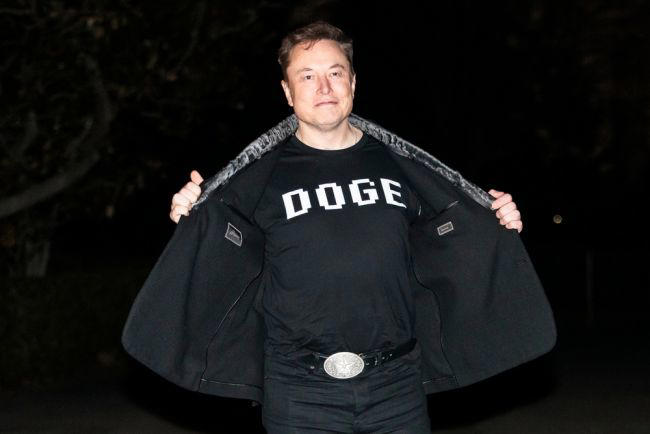The tenure of Elon Musk at the helm of the Department of Government Efficiency (DOGE), a temporary venture created by President Donald Trump, is fast running out as political witch hunts and media interest take fire. As a special government employee hired in January 2025, Musk’s term was limited by law to 130 days. From the contrary speculation that he would leave early due to internal confusions, the White House has strongly opposed these reports, calling them “absurd”.
Touted Savings and Disputed Figures
Musk supposedly alleges DOGE has achieved $150 b. in savings through curbing squandered finances and the bureaucracies. However, there has been a lot of disagreement between budget analysts and public policy scholars over the validity of both how the numbers were gotten and its enormity. Taking into account the expenses associated with severance, hiring replacements, and loss of productivity, oversight groups claim that the true economic picture may paint a less attractive, and potentially, negative picture.
Shortages, Delays, and General Public Unrest
What lies beneath the budget talks is a terrible change in public services. Experts say that sudden budgetary cuts by DOGE have made veterans’ healthcare appointments, IRS service requests and social security visits postpone their schedule significantly. A significant number of experienced workers were affected by layoffs decreasing the ability of the agencies to support citizens. I have heard voices raised over plans to lay off 80,000 workers at the department of veterans affairs.
Also read: House Republicans Propose Major Medicaid Cuts: $880 Billion Reduction Proposed
Relating Corporate Practices
Opponents argue that Musk brought corporatist culture, popular in Silicon Valley, to a sphere that requires accountability and public compassion. Instead of focusing on improving services, DOGE emphasised aggressive cut in costs. Stier of the Partnership for Public Service president observed that no real saving was intended but key capabilities were at stake, he added. The above system ignored the peculiarities in government and paid little heed to the contributions of institutional knowledge.
Ignored Opportunities for Real Reform
While DOGE was purported to battle inefficiency, the initiative managed to marginalize or dismantle a number of initiatives that might have contributed an immense improvement. Under Musk, the IRS’s “Direct File,” a pilot project supposed to benefit the public with the ease of filing a tax return, is reported to have been cancelled. Technology upgrades and fraud control in Medicare and Medicare, essential for reforms, were left out.
Federal operations, every day Americans, and enduring damage.
Everything that has a personal cost of DOGE’s reforms has become more tangible with more time, going beyond quantitative numbers and political rhetoric. The shortage of timely veterans’ services and the oversized reliance on inadequately trained staff in Social Security guidance and decreased numbers of food safety inspectors are all clear results. The leaders of the labor movement have condemned the policy; alleging that it diminishes the federal workers’ status and saps the much needed safety and welfare standards.
Also read: Tigres – Necaxa: Liga MX Clausura 2025 Quarterfinal Recap
Musk’s Response: Progress with Caveats
Musk talked about the challenges during a press conference in May 1 while confirming the achieved results via DOGE’s work. “We have achieved some positive results” Musk said, but admitted that beating the initial $1 trillion savings figure proved a bit tougher than expected. He identified political opposition and sluggard bureaucracy as leading barriers, but still insisting that the initiative was good.
A Legacy of Division and Debate
As Musk prepares to exit, the legacy of DOGE remains highly divisive. Supporters applaud the boldness of confronting entrenched bureaucracy, while critics view it as a reckless experiment that eroded the functionality of government. Whether remembered as a failed crusade or a misunderstood reform effort, DOGE has become a flashpoint in the broader debate over the role of private-sector tactics in public administration.








